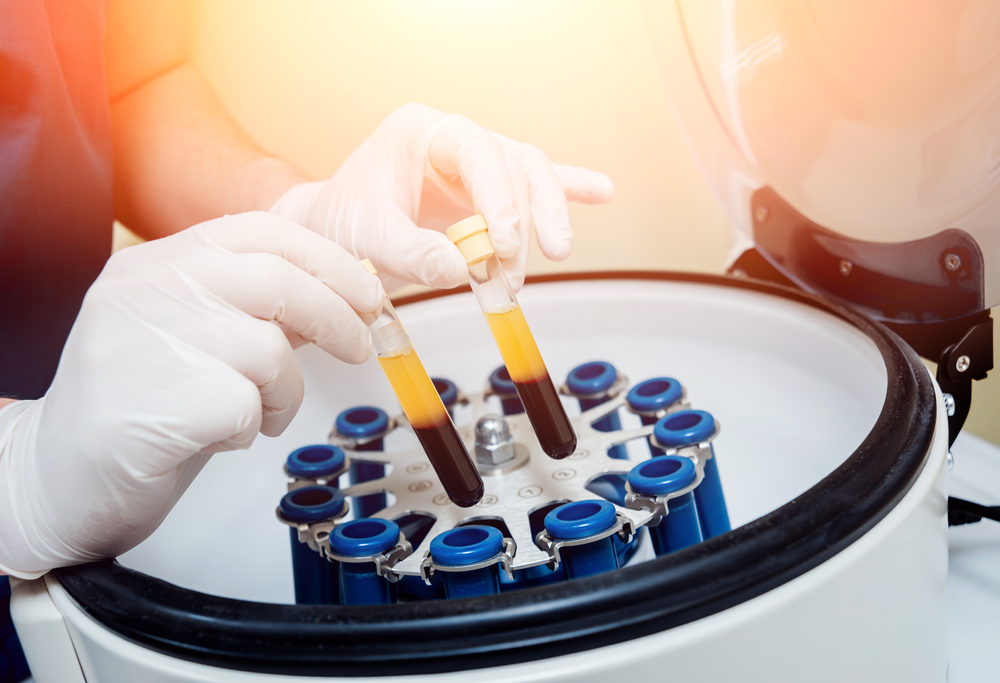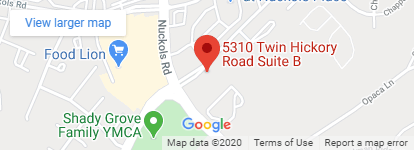In the realm of regenerative medicine, many options are available for treating injuries and long-lasting chronic conditions. However, few are quite as effective as platelet-rich plasma (PRP) therapy, which can treat a wide range of health issues to reduce pain, heal tissues, revitalize skin, and even grow hair. Here at Revive MD Center in Glen Allen, VA, we offer PRP injections as a safer alternative to surgeries and other more invasive treatments.
While our immune systems can normally heal acute injuries or prevent degenerative conditions from developing, sometimes genetics, aging, or other factors can affect this process. Luckily, treatment with PRP can help the immune system pinpoint where the problems are while effectively treating them at the source. So if you’re currently dealing with a hard-to-treat health condition and wondering how quickly this treatment works, here’s what you can expect during and after treatment when scheduling your first appointment with us.
How Quickly Does PRP Therapy Start to Work?
Most patients first start to notice results within four to six weeks after treatment, but improvements can sometimes take a bit longer depending on the condition and its severity. However, it’s not uncommon for the effects to start within the first few weeks for milder injuries as the immune system starts to quickly repair damaged tissues, which can then reduce both inflammation and pain.
Mobility issues can sometimes take a bit longer, since these are often the result of joint injuries, and it takes time to repair the cartilage within the joints. Cosmetic issues, such as rough-looking skin or hyperpigmentation, as well as hair loss, can take much longer to respond. Regardless of your condition, this therapy can continue to produce results for over a year, with most improvements occurring within the first six to nine months.
What Is PRP Therapy?
PRP therapy is a type of regenerative medicine that uses your own platelets to enhance healing in the body by stimulating an immune response. Platelets are cells found within your blood that bind together to heal injuries through several different mechanisms. Known as your immune system’s “first responders,” platelets migrate to damaged locations within the body where they then release growth factors, recruit white blood cells, and boost collagen production, all of which can lead to accelerated healing.
With PRP therapy, we’re able to extract platelets from your body, activate them through a concentration process, then re-inject them into a targeted area to promote healing in fresh injuries and cure or improve chronic conditions. The result is often reduced pain, improved mobility, revitalized skin, and many other benefits. Muscular skeletal problems, skin disorders, joint issues, and a wide variety of other conditions can all benefit from this treatment.
What Happens During Treatment?
Initial Consultation
Before getting started with your PRP therapy session, we’ll want to have a quick consultation with you so that we can discuss your goals and expectations while addressing any questions you might have. We’ll also want to know about your medical history, if you have any active infections or other health conditions, and any medications you’re currently taking.
Therapy Session
1. Your Blood Is Drawn
During the first step of the treatment process, we’ll draw your blood with a needle. If you’ve ever donated blood before or had your blood taken in the hospital, this is a similar process and normally takes about five minutes. We only need to take a very small amount, as we’re able to concentrate the platelets in it for optimal effectiveness.
2. Your Plasma Is Concentrated
After drawing your blood, we’ll put your plasma into a machine called a centrifuge, which spins at a high speed to separate the plasma from the blood. The platelets then become concentrated at the top of the centrifuge while the blood becomes separated from it at the bottom.
3. We Re-Inject Your Plasma
We then re-inject the platelets and a small amount of blood into the target location that we aim to treat, whether it’s a patch of darkened skin, an injured muscle, or another type of tissue. This injection is relatively painless and similar to how we drew blood, and the whole process typically takes about 30 minutes to an hour from start to finish.
Is There Any Downtime?
The recovery period is normally about four weeks, though it can also be as short as one day, depending on the condition we’ve treated and where on the body it’s located. We may recommend that you only perform light activities for the first month with some conditions. With joint issues and tendinopathies, for example, you may need to take extra precautions to not aggravate these conditions with strenuous movements, as they’re still in the initial healing process, and this is especially true if you’re pairing this treatment with any form of physical rehabilitation.
How Long Will the Results Last?
Treatment with PRP normally leads to long-lasting results, but how long improvements last depends on many different factors, and regularly scheduled treatments are normally recommended for most conditions. Some improvements can last forever if an injury fully heals, though the healing process can take time.
Even after the platelets have done their job by stimulating an immune response, there can be residual effects later, where direct improvements, such as increased mobility, can then lead to secondary improvements in pain or other symptoms, as the joints, muscles, or other tissues can now move freely and function normally.
What Are the Advantages of PRP Therapy?
This therapy is considered to be one of the safest options for treating a wide variety of conditions, and it offers the following advantages over conventional treatments:
Reduces Inflammation
This treatment is also known for being effective at reducing inflammation because platelet-rich plasma contains anti-inflammatory mediators. Taking anti-inflammatory medications like aspirin and ibuprofen for long periods can lead to side effects, such as blood pressure issues and stomach problems, while PRP treatment offers a much safer alternative without these risks.
Reduces Pain
When it comes to painful conditions, this therapy can relieve pain in many different ways. For joint issues, PRP injections can support osteochondral formation, which is the regeneration of both cartilage and bone. It can also have the same effect in conditions involving torn tendons and muscles or other types of injuries, where its tissue-repairing properties can lead to long-lasting pain reduction.
Accelerates Wound Healing
This treatment can also lead to faster wound healing, which can prevent acute traumas from turning into long-lasting conditions and can promote healing in chronic conditions that haven’t been healing on their own. Once injected, the proteins in PRP can stimulate the immune system, which can initiate or enhance the repair of muscles, joints, and connective tissues.
Improves Mobility
If you’re suffering from joint or mobility issues, such as those caused by osteoarthritis or chronic muscular conditions, this therapy can restore function and movement through different mechanisms. It can repair cartilage, reduce inflammation, and heal both muscle and tendon injuries, all of which can lead to greater mobility and ease of moving around.
Revitalizes the Skin
If your skin is showing the usual tell-tale signs of aging, whether it’s lines, wrinkles, sagging skin, or discolorations, PRP injections can be effective in revitalizing your complexion. By stimulating both collagen and elastin, this therapy can lead to tighter, healthier-looking skin, and even issues like acne scars and deep creases can often benefit from it.
Restores Hair Loss
Platelet-rich plasma can also enhance hair health and thickness for both men and women because it contains growth factors, which can be helpful in hair loss restoration. While there are many different types of conditions that cause hair loss, one in particular, androgenetic alopecia (AGA), often responds well to this treatment.
Minimally Invasive Injections
Unlike surgical procedures, this therapy doesn’t involve any invasive cutting or structural changes. It’s a minimally invasive approach that utilizes small needles instead of surgical tools. In some cases, it can even replace the need for surgery or other more invasive treatments.
Start Your Path Toward Improvement Today
PRP therapy is one of the safest and most effective treatments for a wide variety of health conditions and cosmetic issues. To get started, contact us today at Revive MD Center in Glen Allen, VA to schedule your first appointment.




